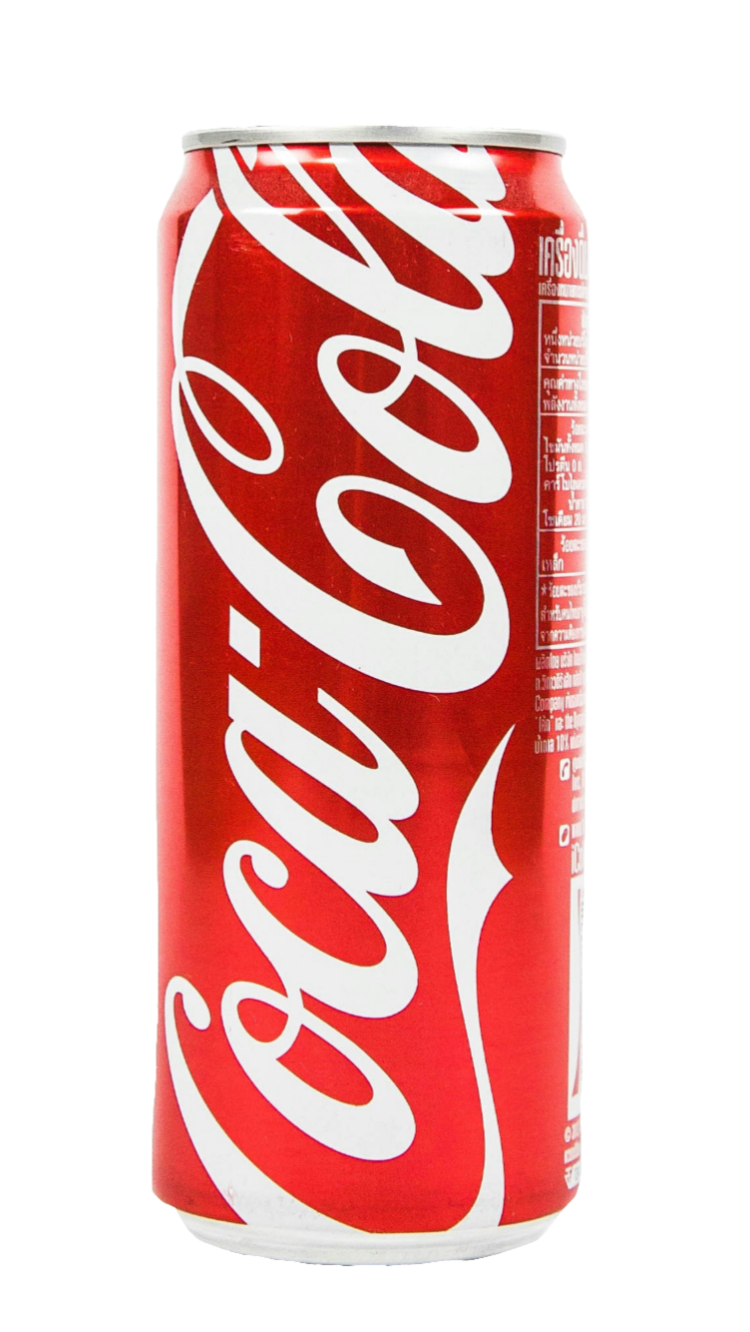
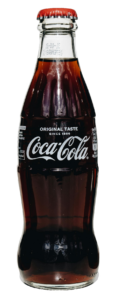
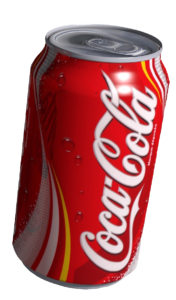



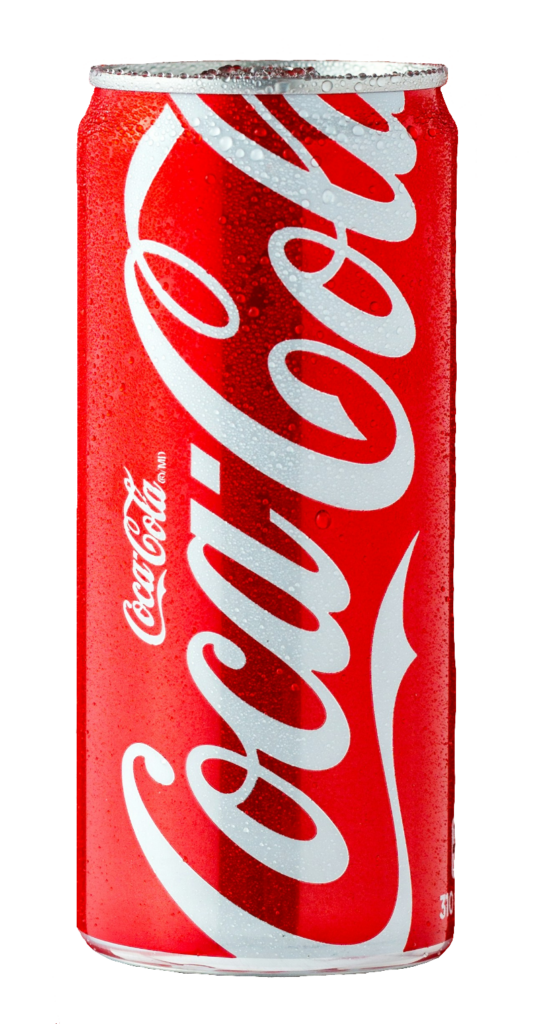

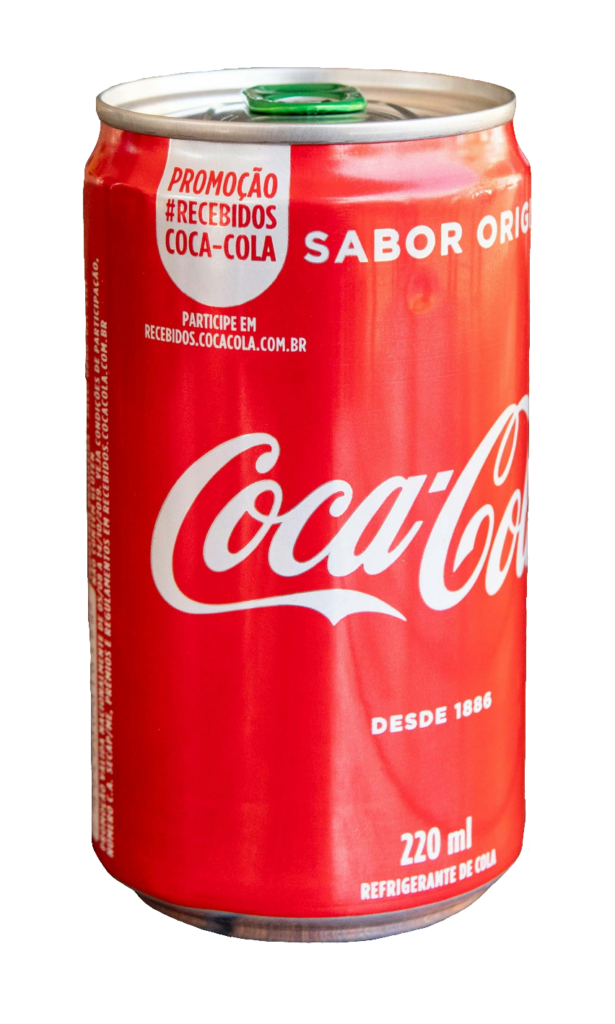

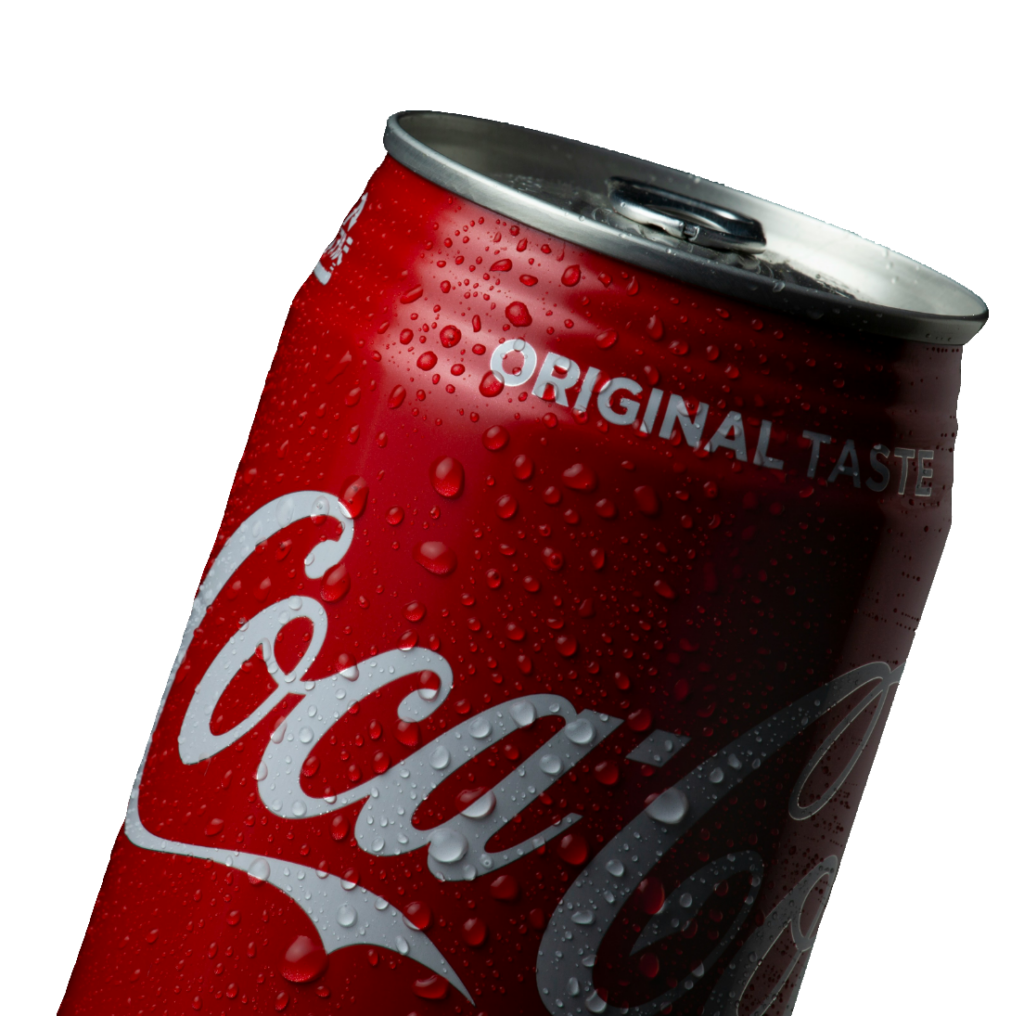
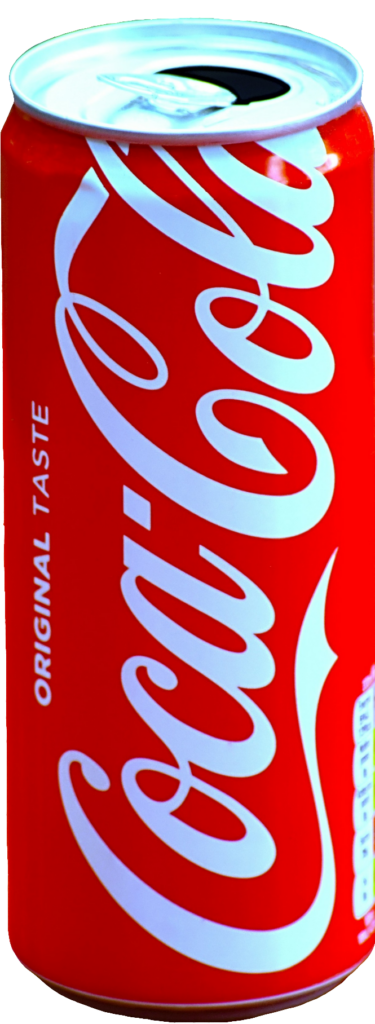
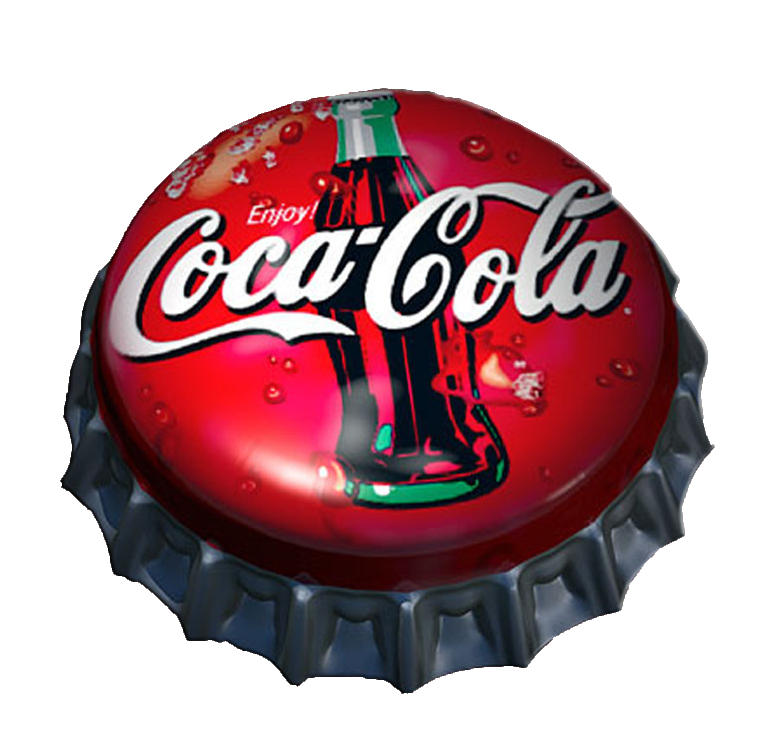
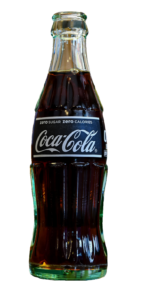
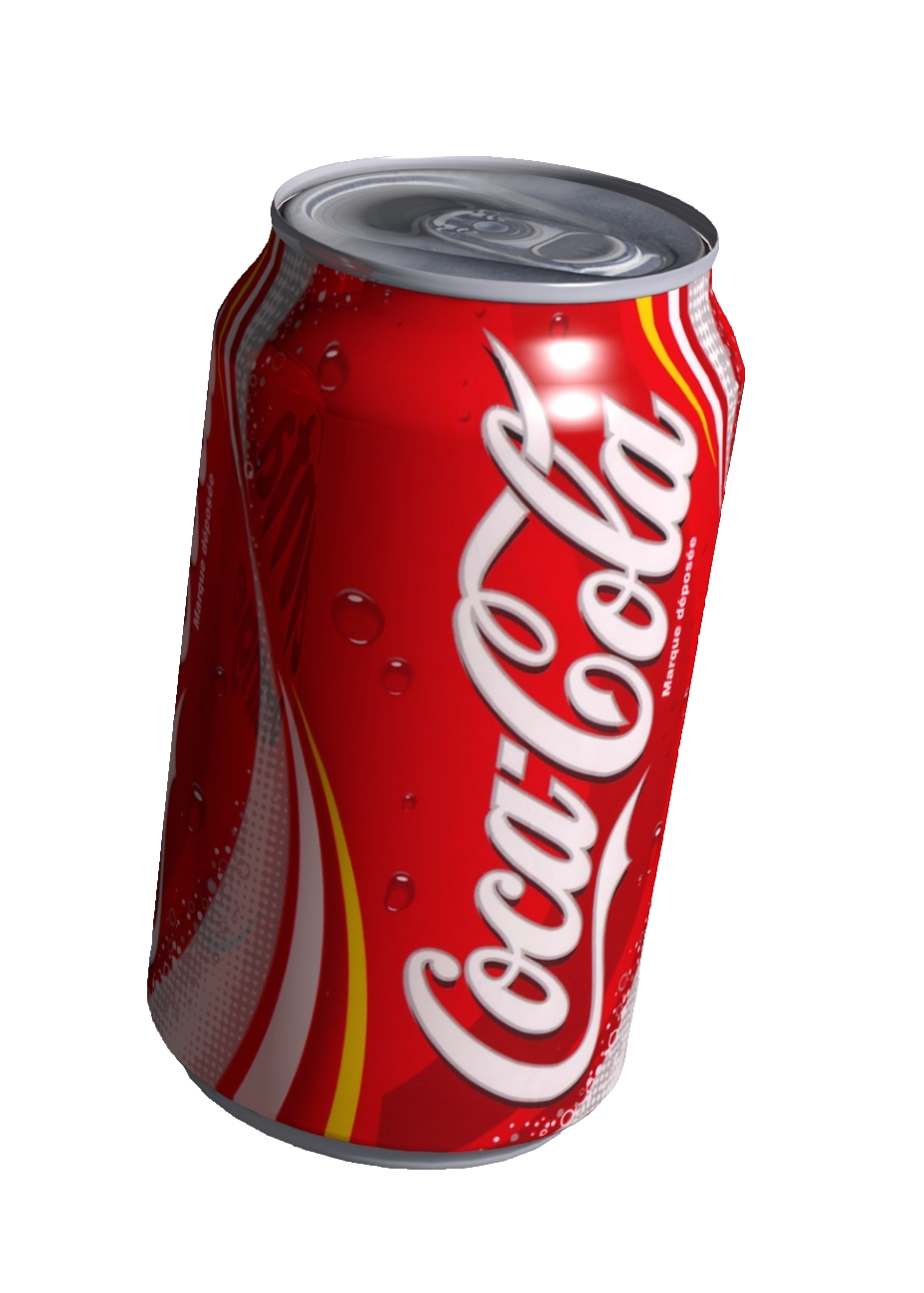

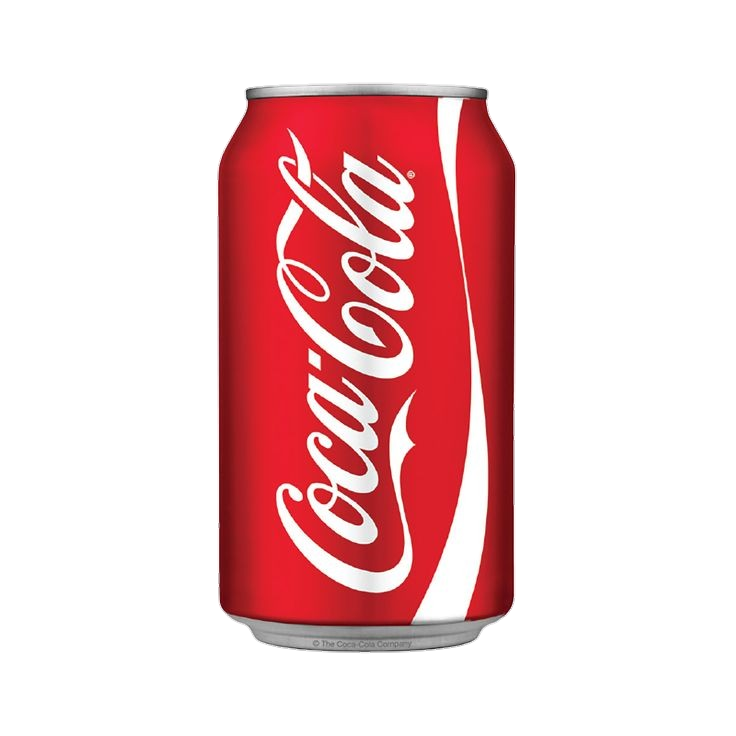
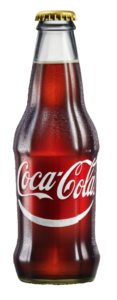
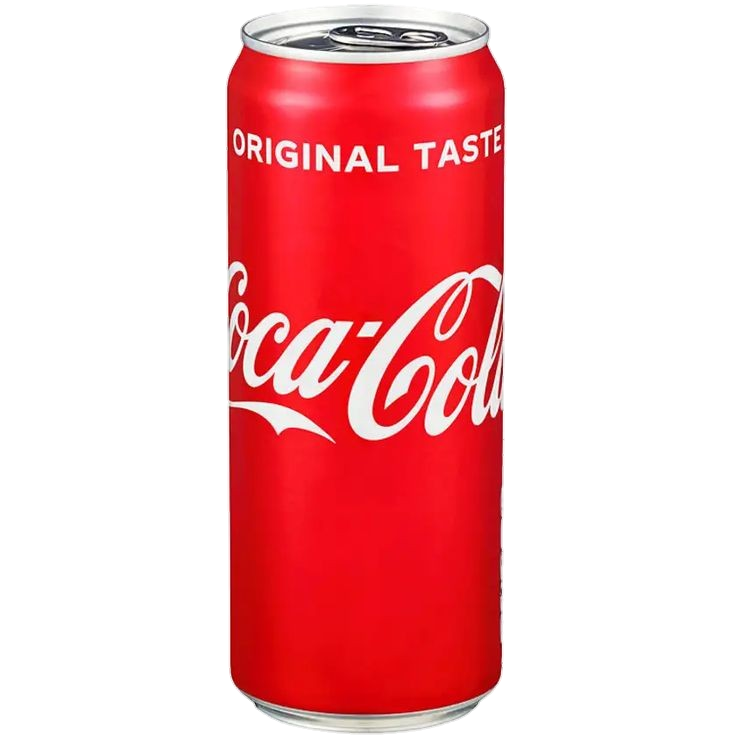
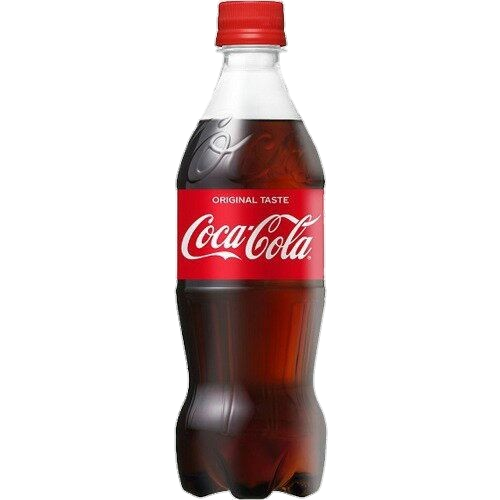
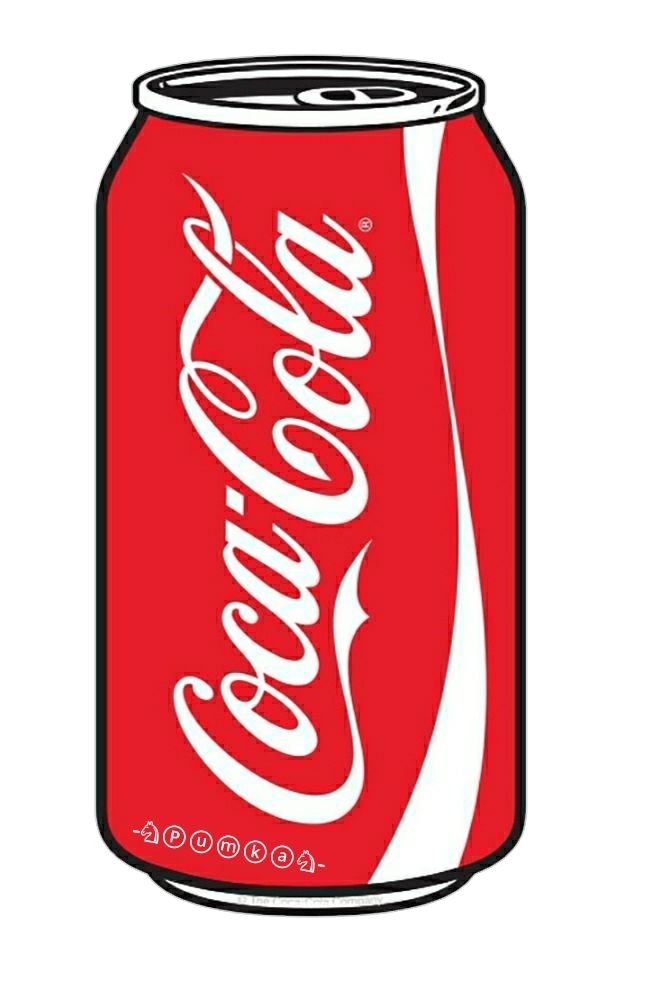
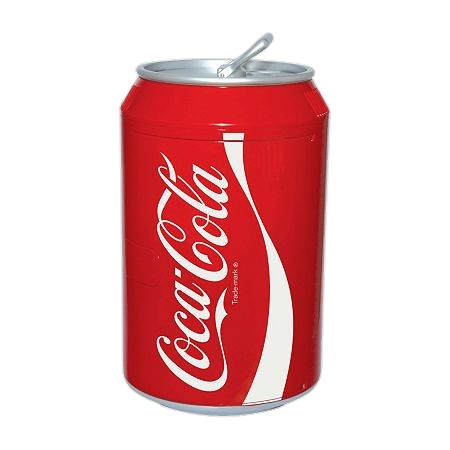
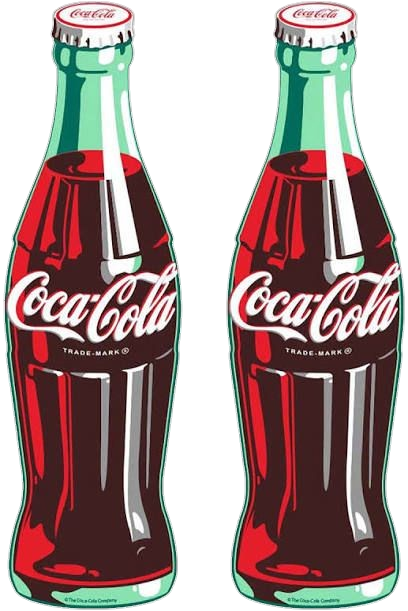
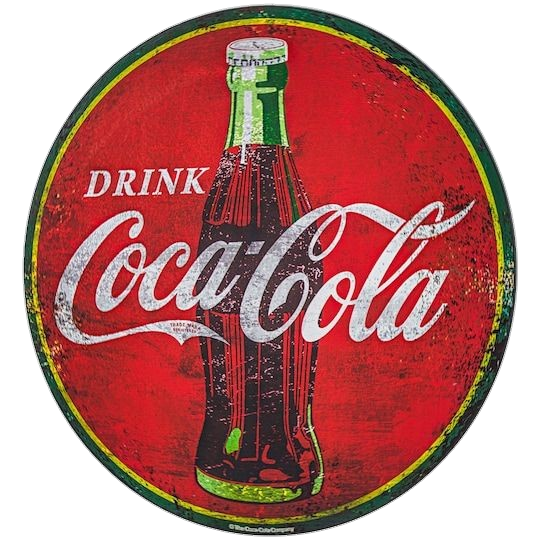
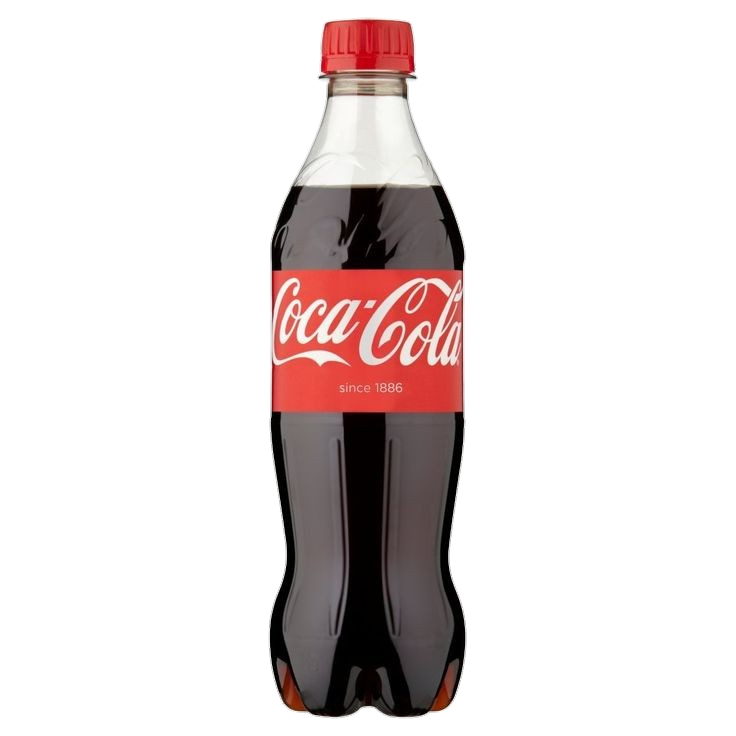
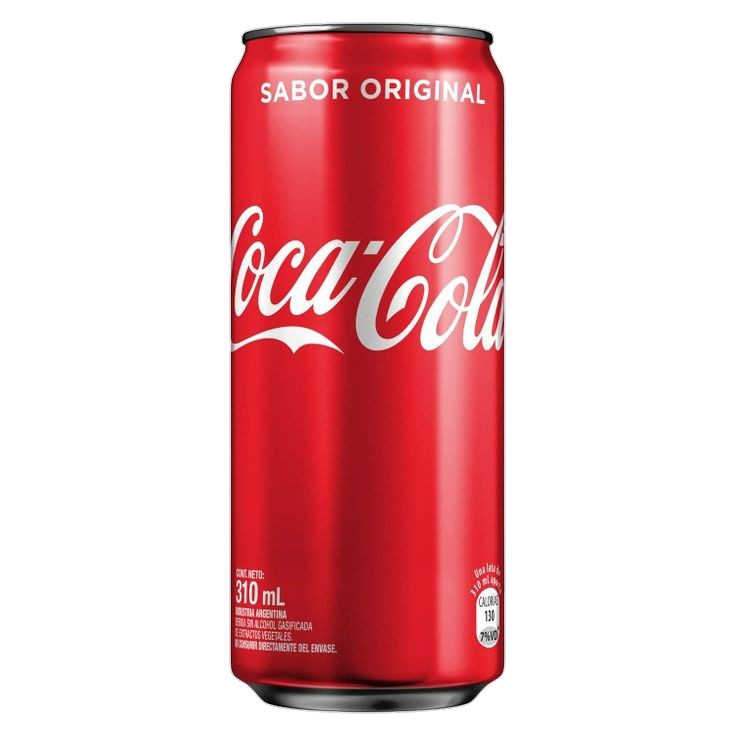
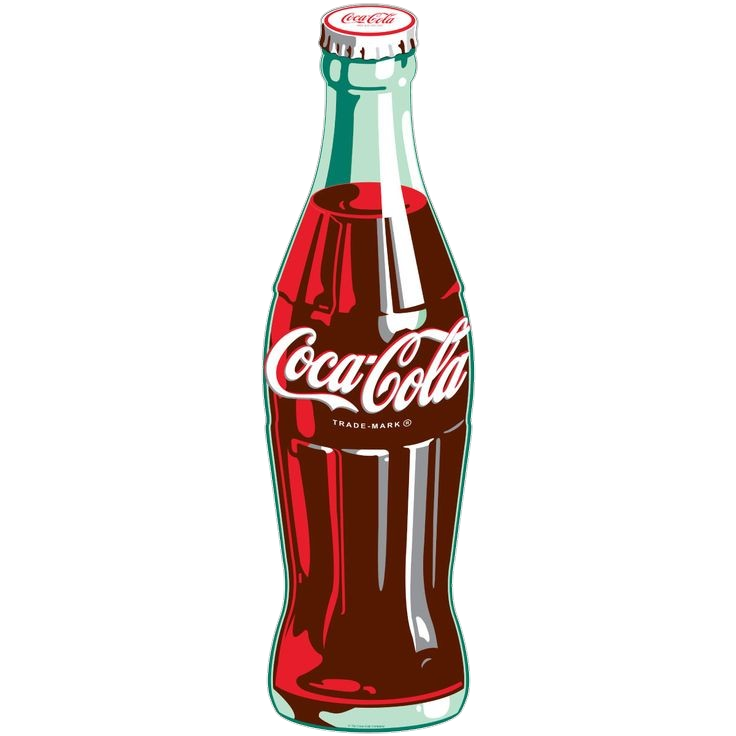
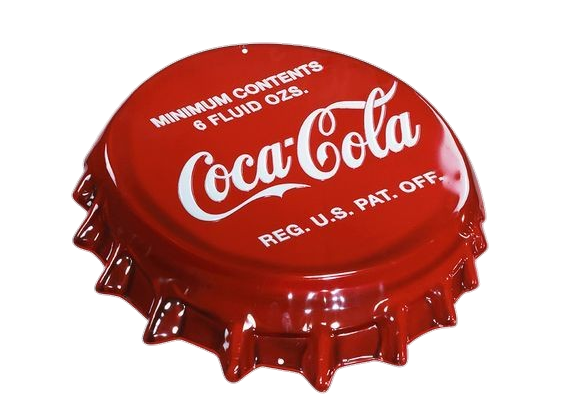
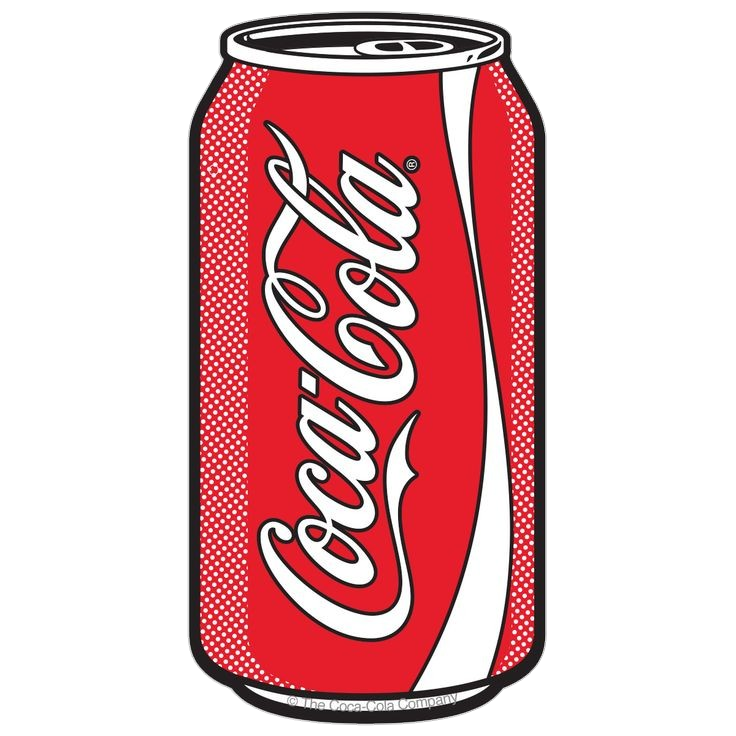
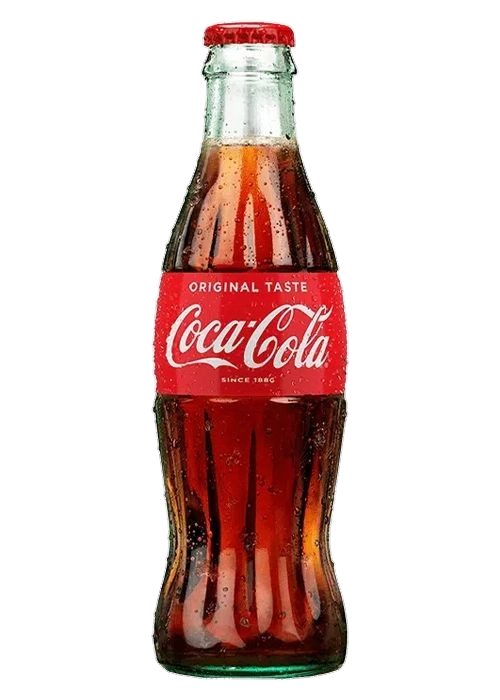
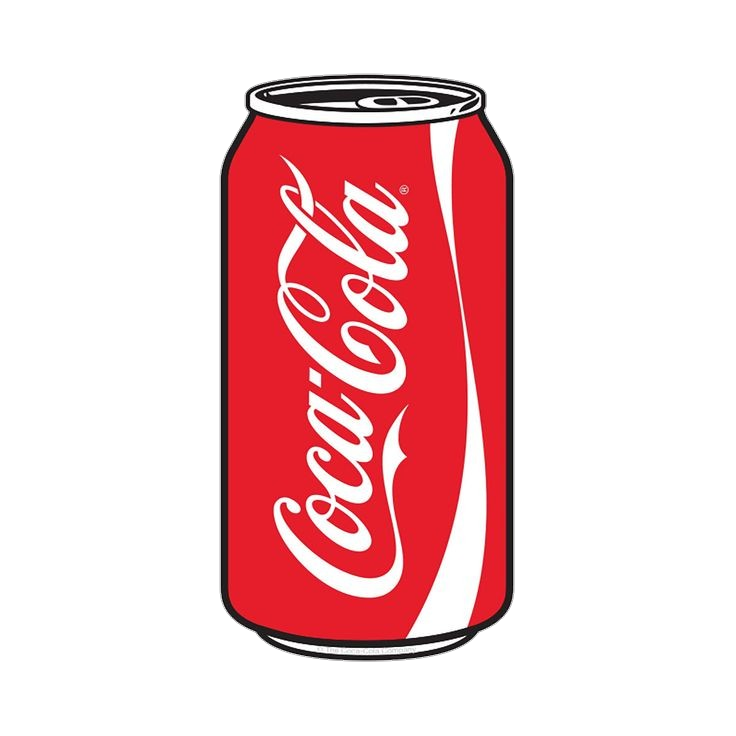
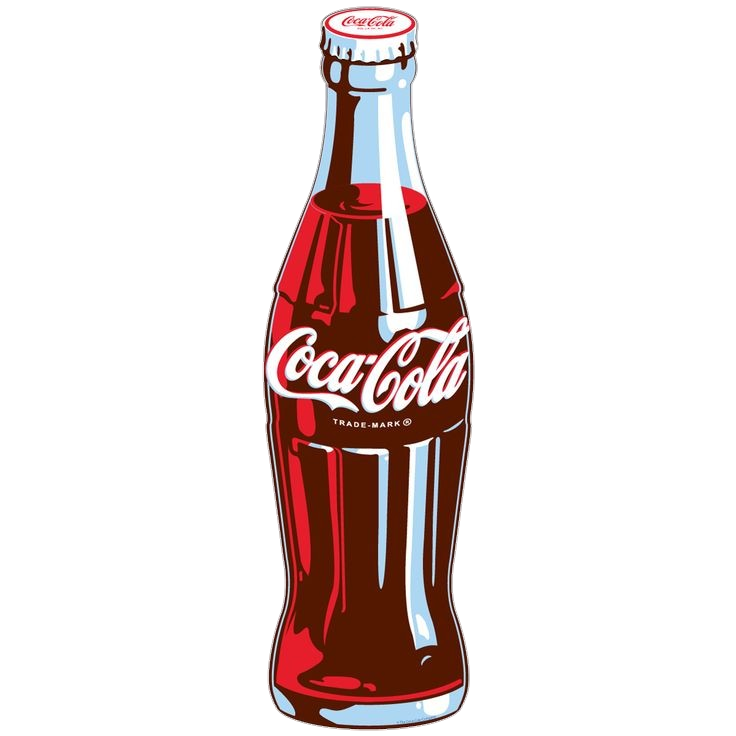
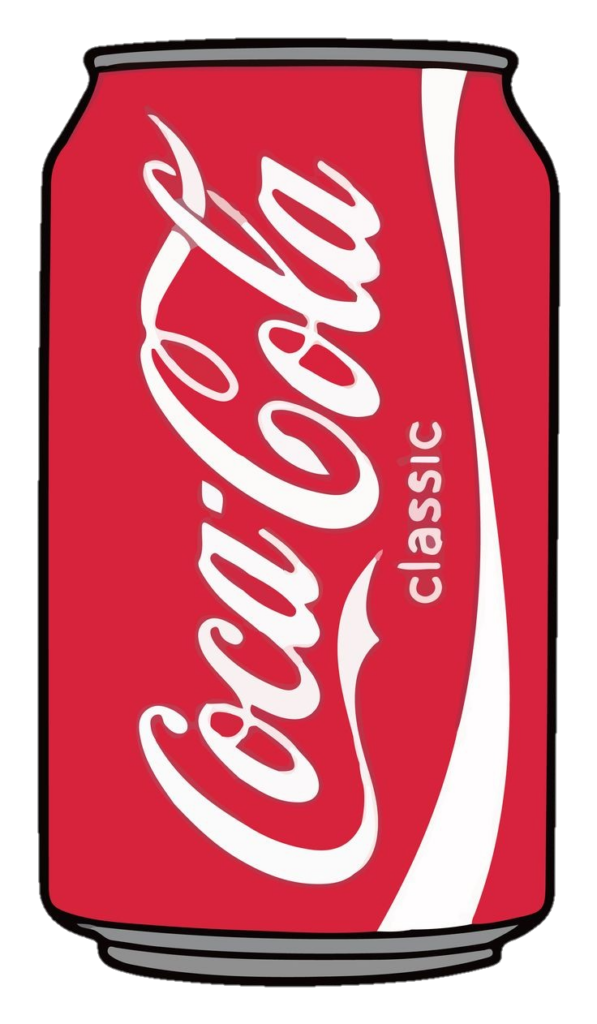
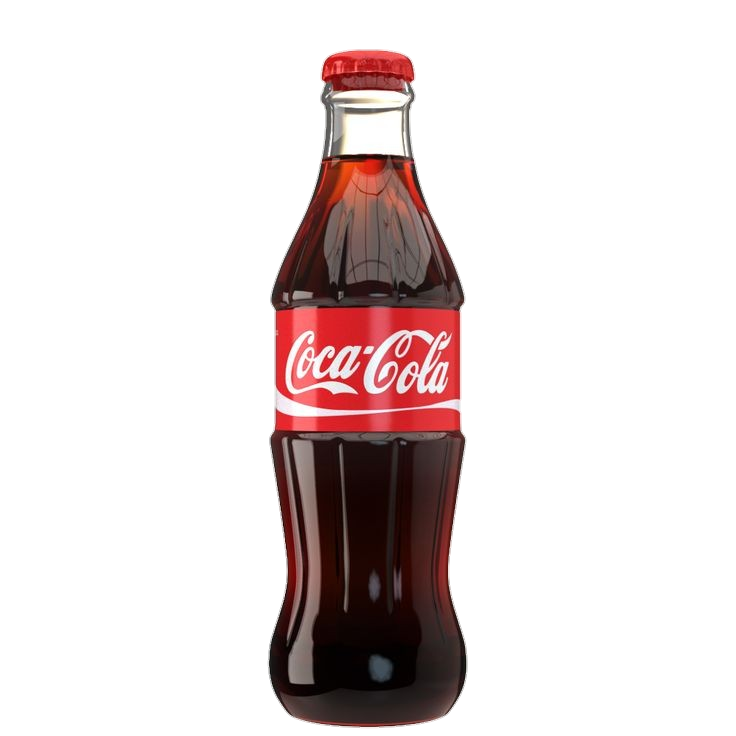
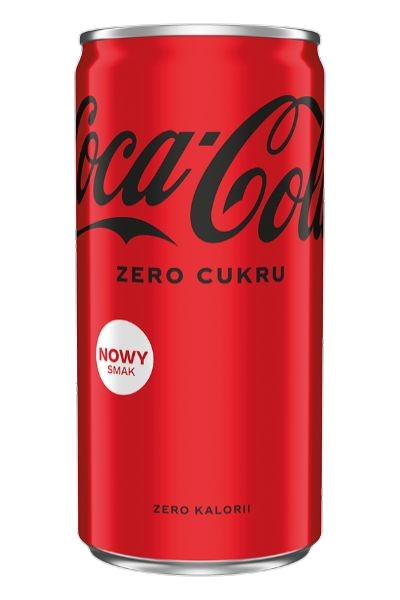
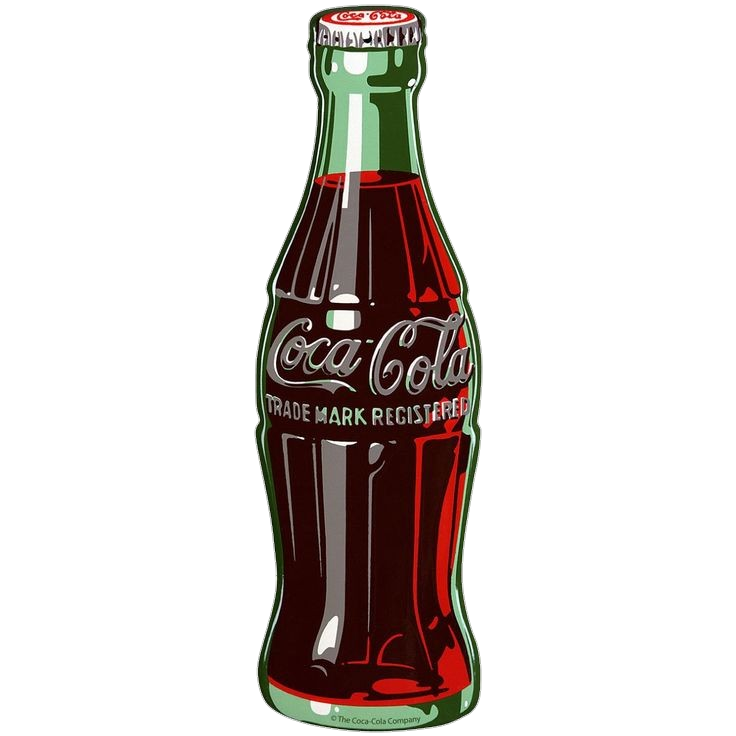
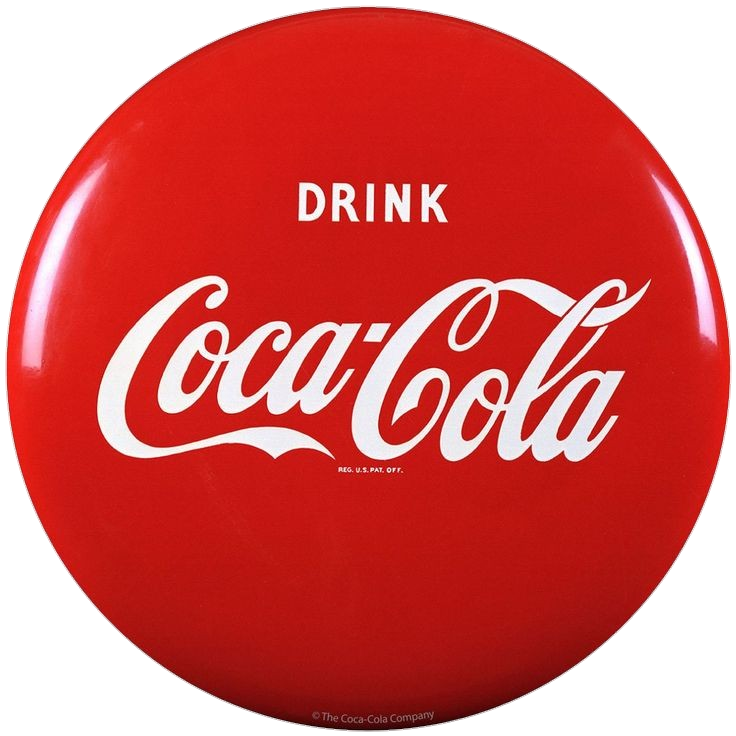
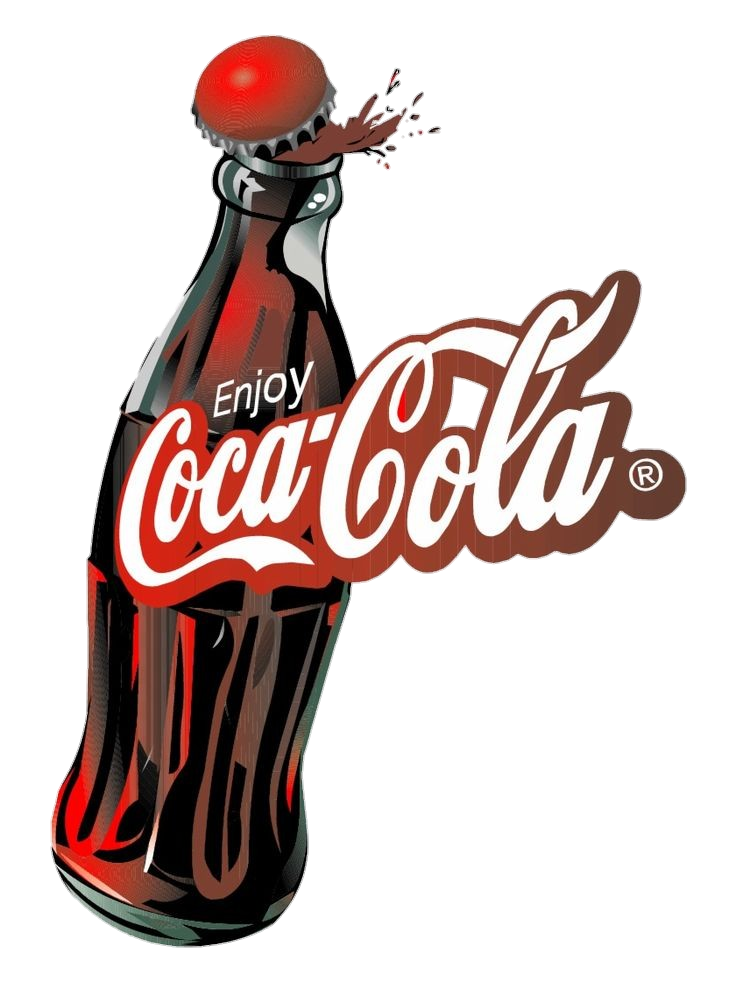
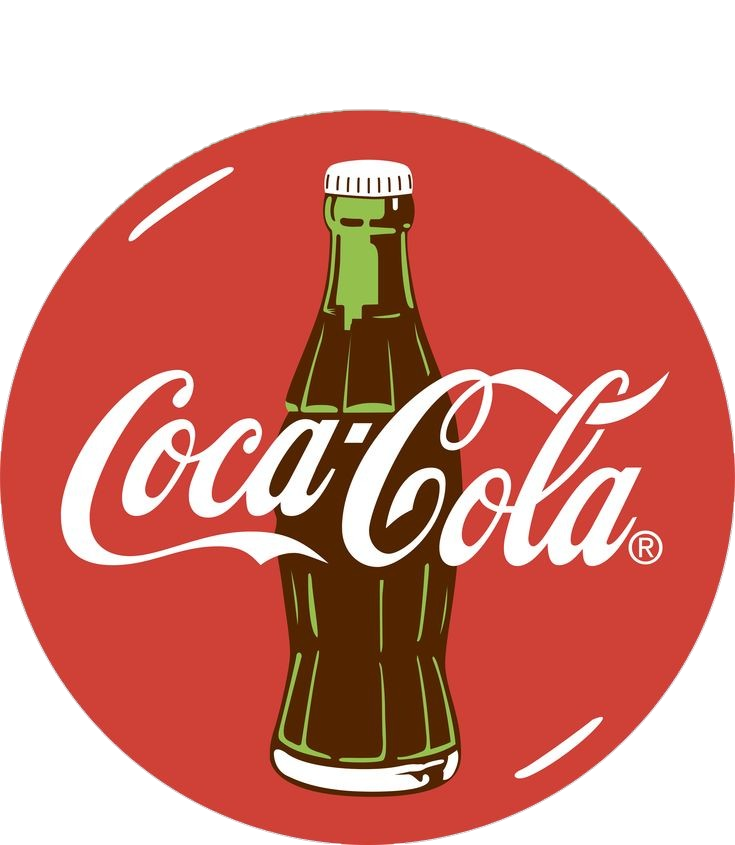
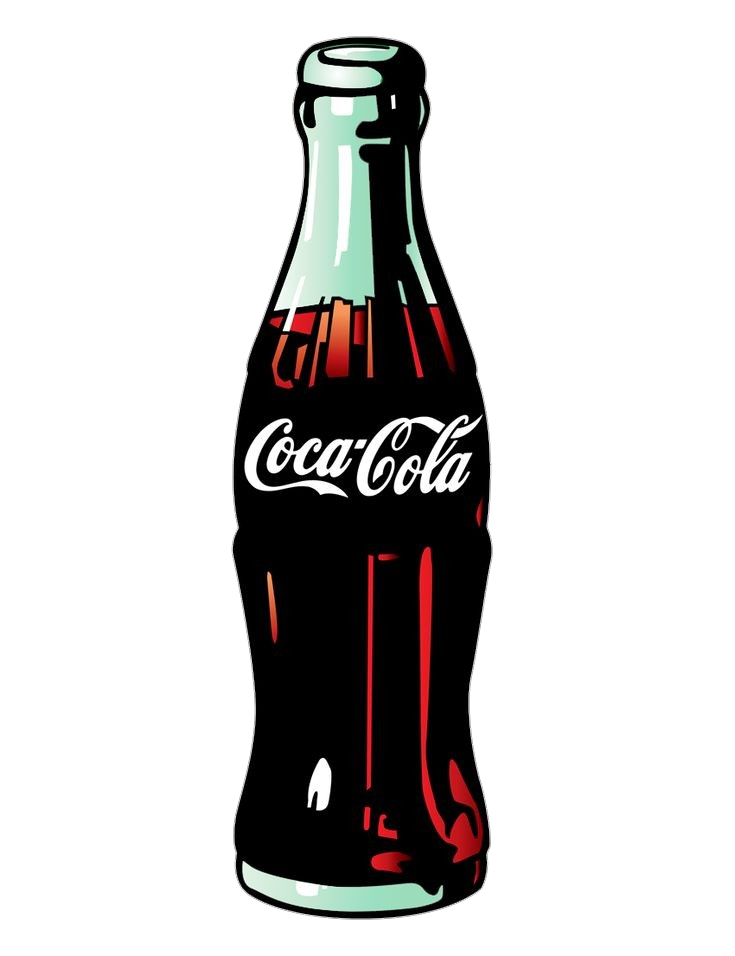
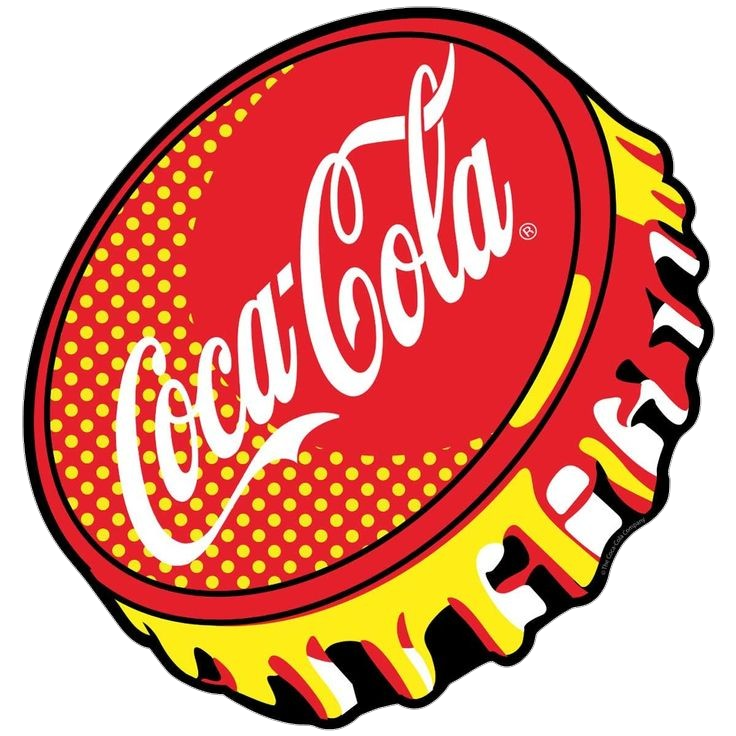
Coca-Cola, often called Coke, is one of the world’s most iconic and recognizable beverage brands. Since its invention in the late 19th century, Coca-Cola has become a symbol of American culture and a global phenomenon.
Coca-Cola was created by John S. Pemberton, a pharmacist from Atlanta, Georgia, in 1886. Initially marketed as a tonic with medicinal properties, the drink contained cocaine from coca leaves and caffeine from kola nuts. However, in 1904, due to concerns about the health effects of cocaine, the formula was modified, removing the cocaine and leaving behind the iconic flavor we know today. The secret recipe for Coca-Cola, including its signature mix of flavors, remains a closely guarded trade secret.
Coca-Cola’s journey to global prominence was marked by slick marketing and effective branding strategies. One of the most significant turning points came in 1915 when the Coca-Cola Company began bottling its beverage, making it more accessible to consumers. The company’s iconic contour bottle, designed in 1915, further solidified its brand recognition.
Coca-Cola’s expansion beyond the United States began in earnest in the 1920s and 1930s when it was introduced to other countries. During World War II, American soldiers carried Coca-Cola with them, contributing to its global popularity. The company’s commitment to innovative advertising, including creating the Coca-Cola Santa Claus in the 1930s, helped cement its place in popular culture.
Coca-Cola has played a significant role in shaping popular culture around the world. It has been featured in countless movies, TV shows, and advertisements, becoming synonymous with happiness, refreshment, and Americana. The annual “Holidays Are Coming” Coca-Cola Christmas ad featuring the Coca-Cola Christmas truck has become a beloved tradition in many countries.
The brand has also been a pioneer in advertising campaigns that promote diversity and unity, exemplified by the famous “I’d Like to Buy the World a Coke” commercial in the 1970s. Coca-Cola’s commitment to social and environmental responsibility has led to initiatives like the Coca-Cola Foundation, which supports various charitable and sustainability projects.
Coca-Cola’s global reach is unparalleled. It is available in over 200 countries and consumed by billions daily. The company’s extensive distribution network ensures that Coca-Cola products can be found in remote villages and bustling cities. Coca-Cola has become a symbol of modernization and Western culture in some countries.
Despite its immense popularity, Coca-Cola has not been without controversy. Critics have raised concerns about the health effects of sugary beverages, including obesity and diabetes. Additionally, Coca-Cola has faced criticism for its water usage in areas suffering from water scarcity and allegations of labor rights violations in some regions.

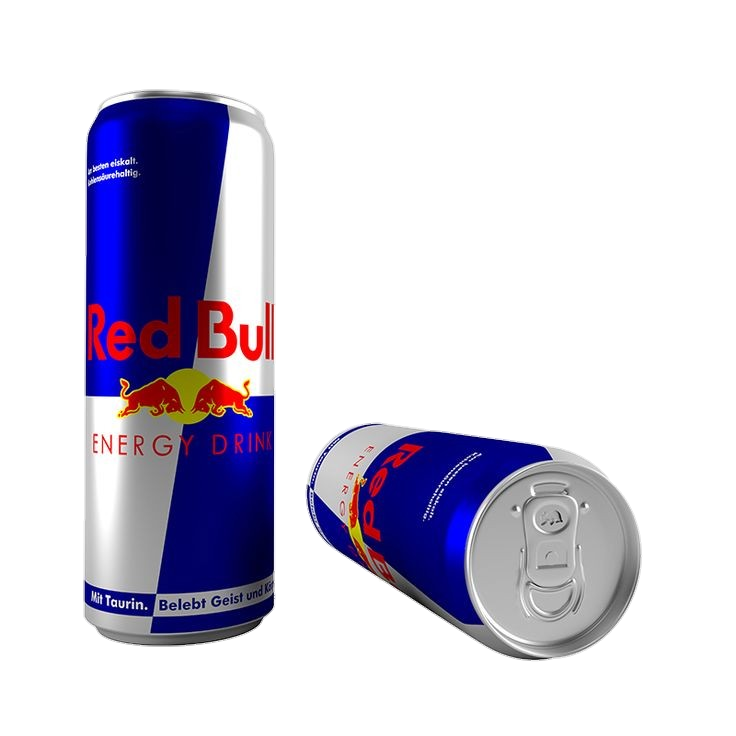
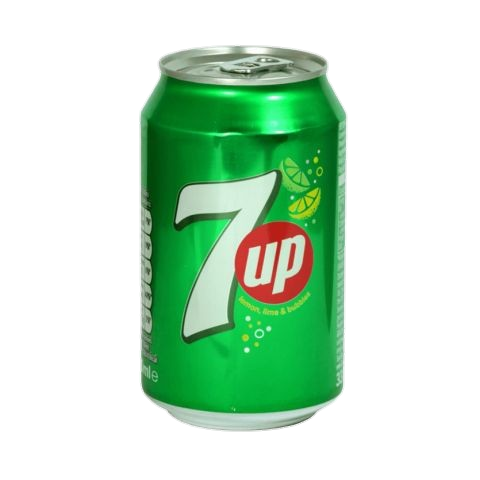
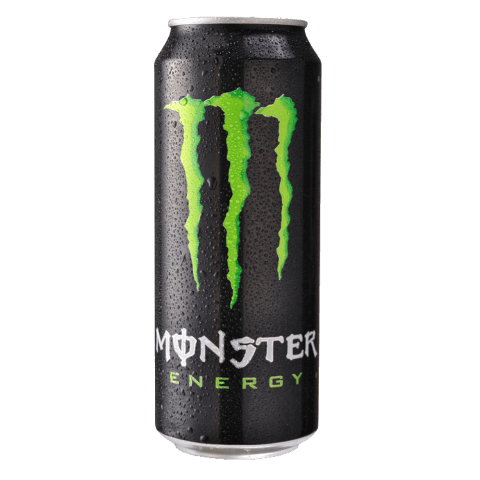
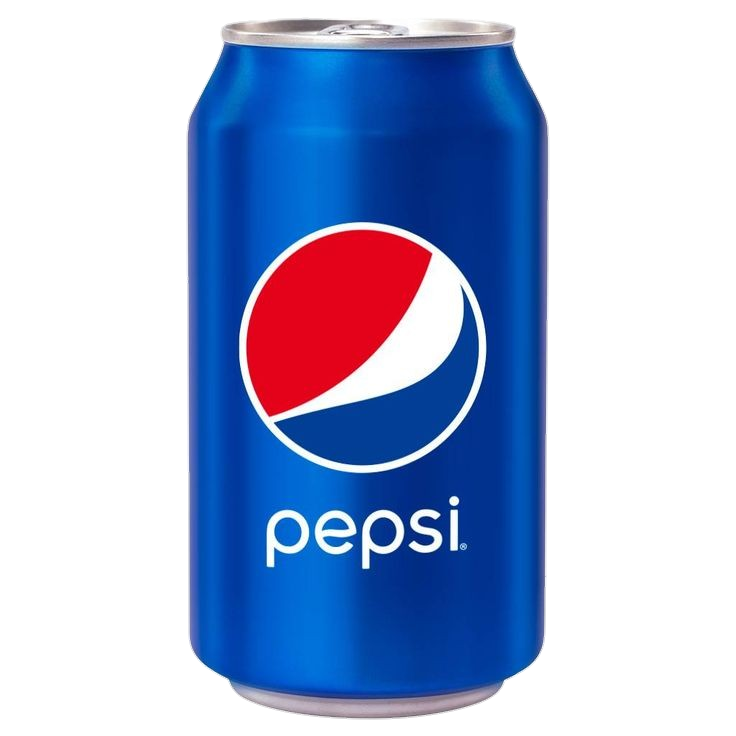
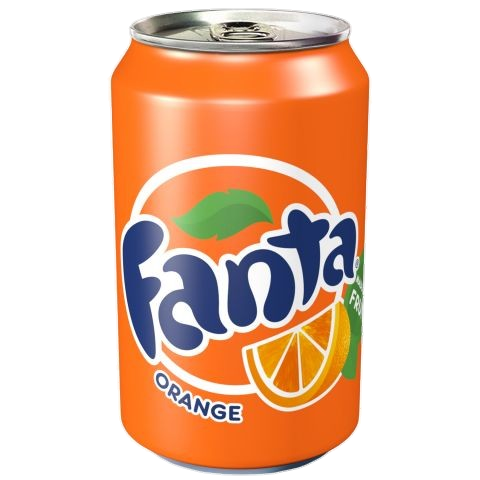
Leave a Comment